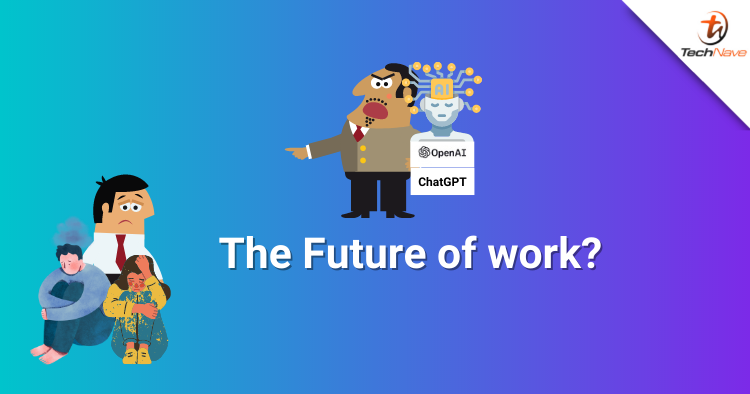
It’s very interesting how fast AI programs like OpenAI’s ChatGPT can churn out content, code and plans. However, we’ve found that AI writing tends to be a bit shallow or generic but you can judge for yourself in our 2nd article generated by ChatGPT. Check ChatGPT and the Impact on Jobs: What Does the Future of Work Look Like? out below or see what it wrote in our first ChatGPT written article.
ChatGPT and the Impact on Jobs: What Does the Future of Work Look Like?
Artificial intelligence and machine learning have become ubiquitous in our lives, and the technology is advancing rapidly. One of the most significant advancements in these fields is the development of language models like OpenAI’s ChatGPT. In this article, we’ll explore the impact that these models are having on jobs and what the future of work might look like.
The Rise of ChatGPT
ChatGPT is a transformer-based language model that uses deep learning to generate human-like responses to text input. It has been trained on a massive dataset and can generate coherent and coherently structured responses to a wide range of questions and prompts.
The potential applications for this technology are vast, and it has already been integrated into a range of industries, from customer service to content creation. It has the potential to revolutionize the way we interact with technology and automate many tasks that were previously performed by humans.
Impact on Jobs
One of the most significant concerns about the rise of AI and language models like ChatGPT is their impact on jobs. Some experts predict that these models will automate many jobs that were previously performed by humans, leading to mass unemployment.
However, it’s important to note that this technology is not necessarily going to replace all human jobs. Instead, it is likely to automate certain tasks within a job, freeing up workers to focus on more creative and strategic tasks. For example, a customer service agent might use ChatGPT to handle repetitive inquiries, allowing them to spend more time on more complex issues.
The Future of Work
So what does the future of work look like in the age of ChatGPT and other language models? It’s difficult to predict with certainty, but there are some trends that are already emerging.
One trend is the increasing importance of skills that are difficult to automate, such as creativity, critical thinking, and emotional intelligence. As technology automates more routine tasks, the value of these skills is likely to increase.
Another trend is the rise of hybrid jobs, where human workers and AI systems collaborate to complete tasks. This will require a new set of skills, as workers will need to be able to interact effectively with technology and understand how to get the most out of it.
Conclusion
ChatGPT and other language models are likely to have a significant impact on the future of work. While there are certainly concerns about job loss, the technology is also likely to create new opportunities and open up new avenues for human workers. As always, the key to success in this rapidly changing landscape will be staying ahead.
(Source: ChatGPT)
The future of work and jobs according to Humans (TechNave)
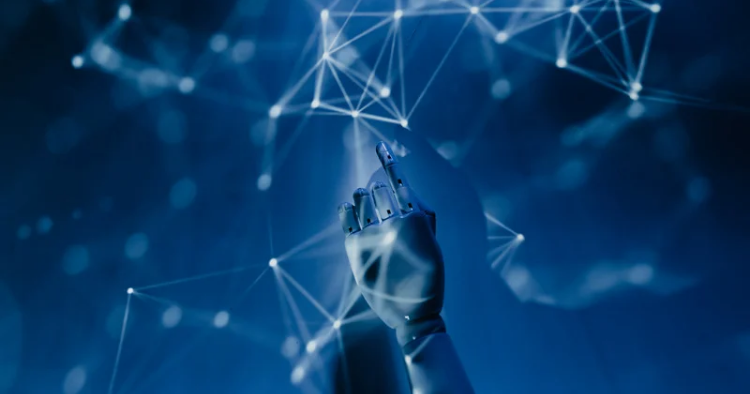
Well, now. The text above written entirely by ChatGPT reiterates that view of freeing up humans from the mundane, repetitive jobs and tasks while we humans can do the more complex tasks. At no point however does it take into mind that some people just don’t do complex tasks very well. For these people, basic, mundane, repetitive jobs are the only ones that they can do… or can they?
For those who don’t know, OpenAI’s ChatGPT bot might be able to replace certain lawyers, businessmen and doctors as it has passed exams for a law school, MBA and Medical license. This is because it scored a C+ in Law, a B or B- in the MBA exam and 50% to 60% correct for the medical license exams. Therefore, at this moment in time, the entry-level jobs for these fields are currently most at risk of being replaced by an AI like ChatGPT.
So… where does this leave the people who can’t do complex tasks?
For those people whose jobs could be replaced by an AI like ChatGPT, perhaps it is time to do some soul searching and find out what you’re really supposed to do with your life. If you’re still dead set on doing what you’re currently doing, then perhaps it is time to upskill to a senior position where you in turn manage what the ChatGPT AI replacing you is doing.
The Theory of Multiple Intelligences also indicates that people could actually be more capable than they think they are. That they’re just not learning or applying the right type of intelligence to the specific type of work that they might excel at. This can also be applied to the aforementioned basic jobs above.
AI is coming! It’s inevitable…
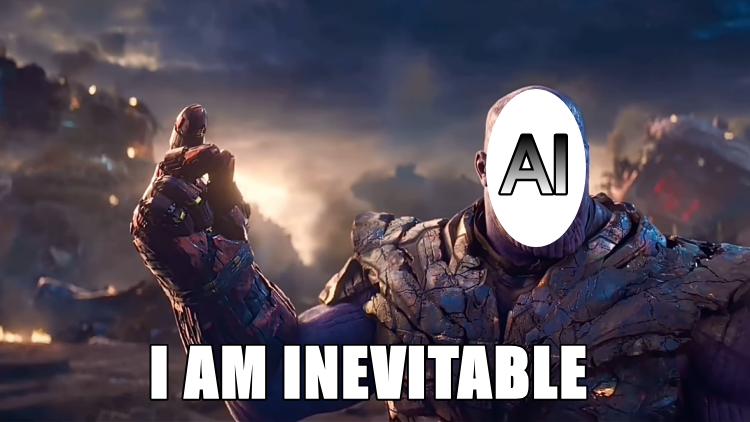
While it is clear that the Chat GPT3 AI still needs a lot of work to be completely competent at replacing your job, with some more improvements it could indeed be used to handle the basic drudge work, freeing up humans to do more complex tasks. As many industry watchers have noted, AI is here to stay, so the sooner we get used to using it, the better.
Granted, ChatGPT and AI like it are still making pretty big mistakes such as Google’s recent Bard AI which flubbed a telescope fact. Grammar checkers are still not 100% correct and a certain AI used for writing not only got facts wrong, but also was noted to plagiarize repeatedly.
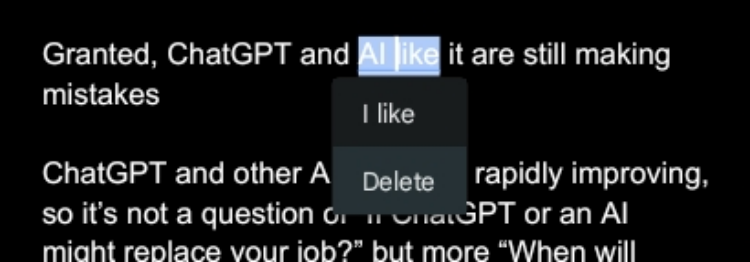
Sigh... not you too
Still, ChatGPT and other AI like it are rapidly improving, so it’s not a question of “If ChatGPT or an AI might replace your job?” but more “When will ChatGPT or an AI replace my job?”. If it can save money but improve productivity, we think most businesses would use an AI instead of hiring a human being. While we’re still in this interim period of AI not being 100% accurate or at least accurate enough to be acceptable, now could be your only chance to do the options mentioned above.
Do you think there’s another way to do things if ChatGPT or AI comes along and replaces your job? Share your thoughts in the comments below and stay tuned to TechNave.com for the latest news and views in Tech.





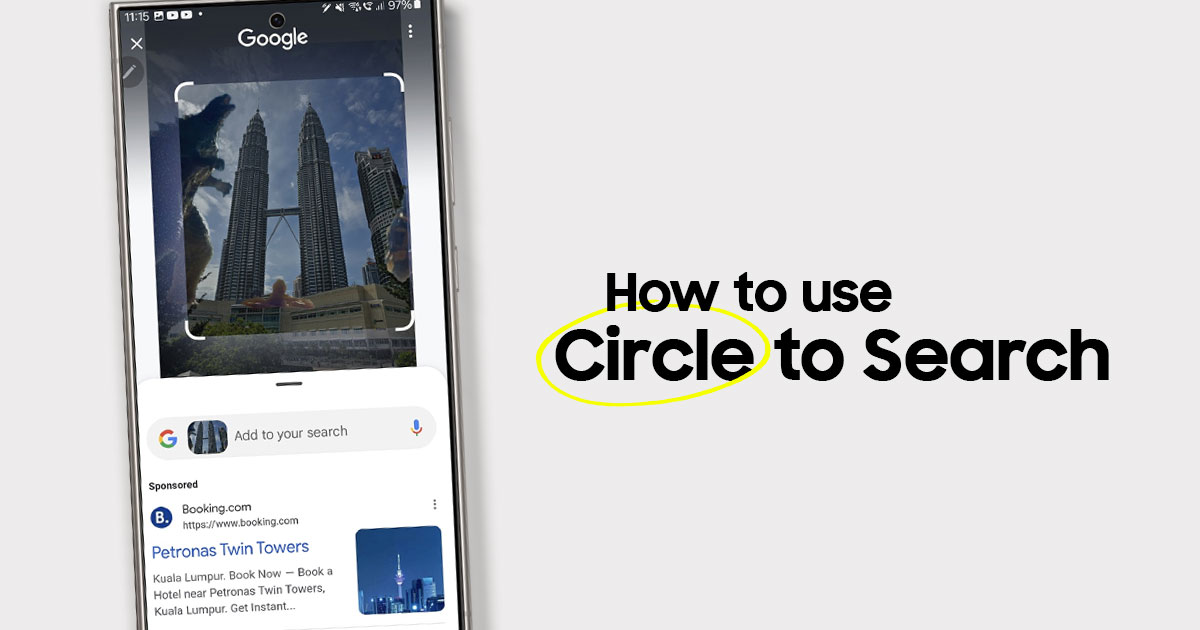
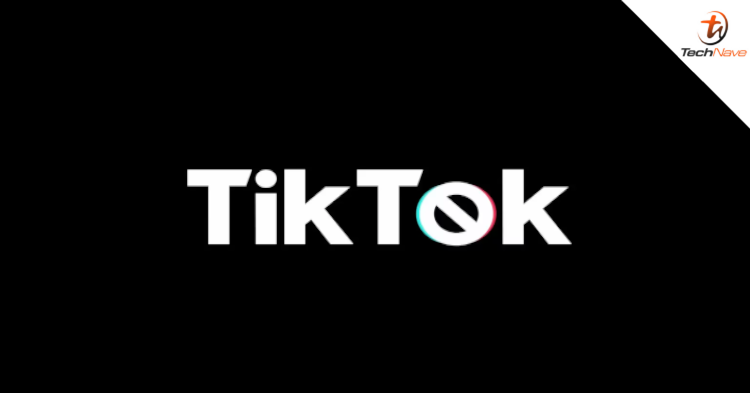










COMMENTS